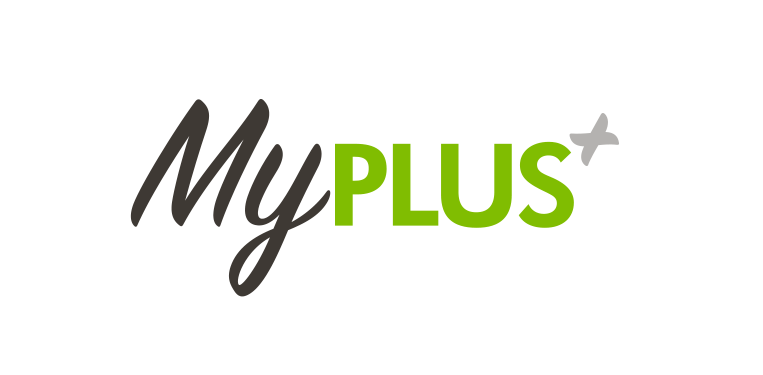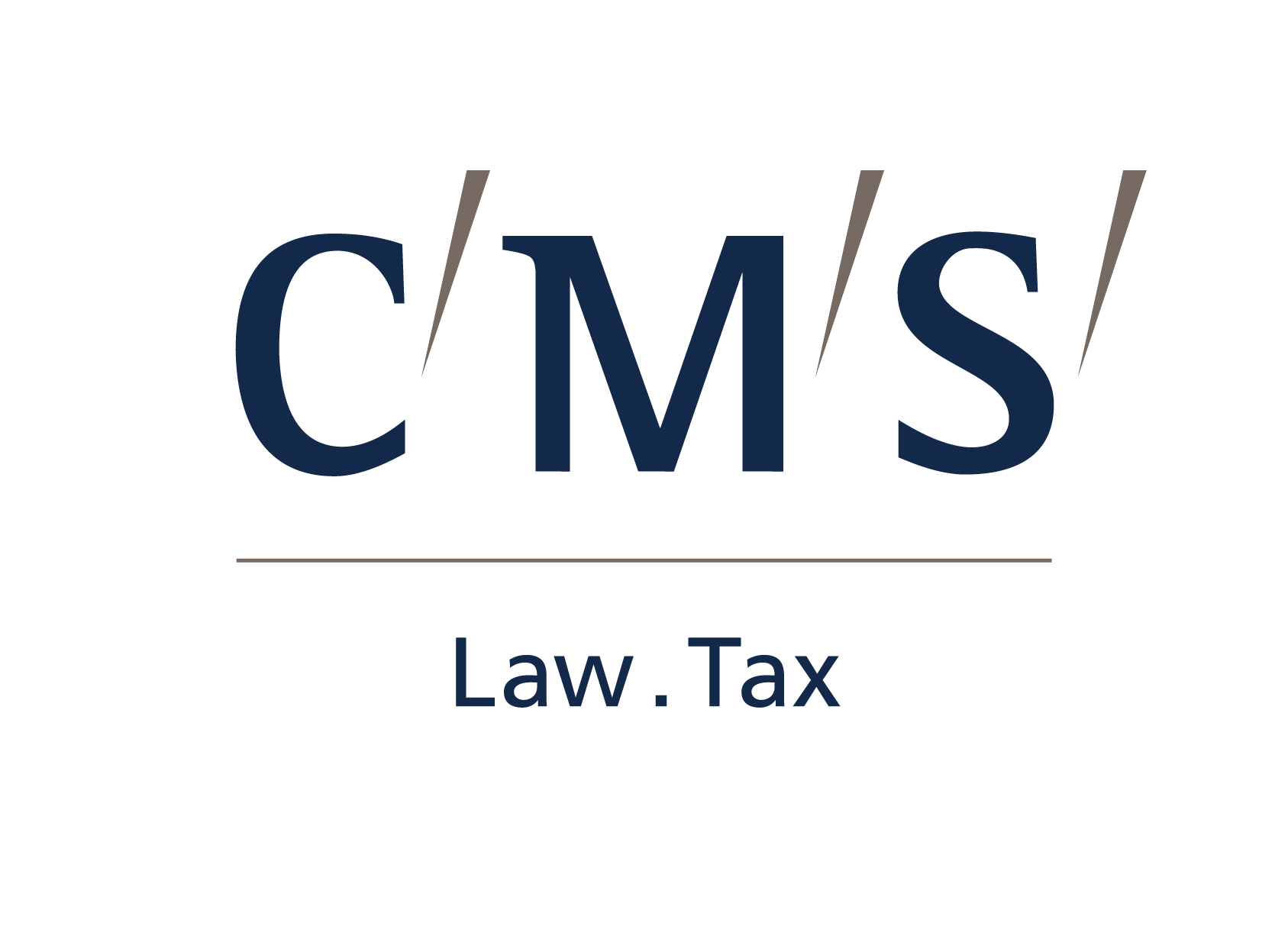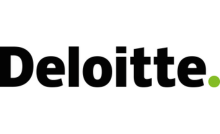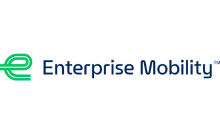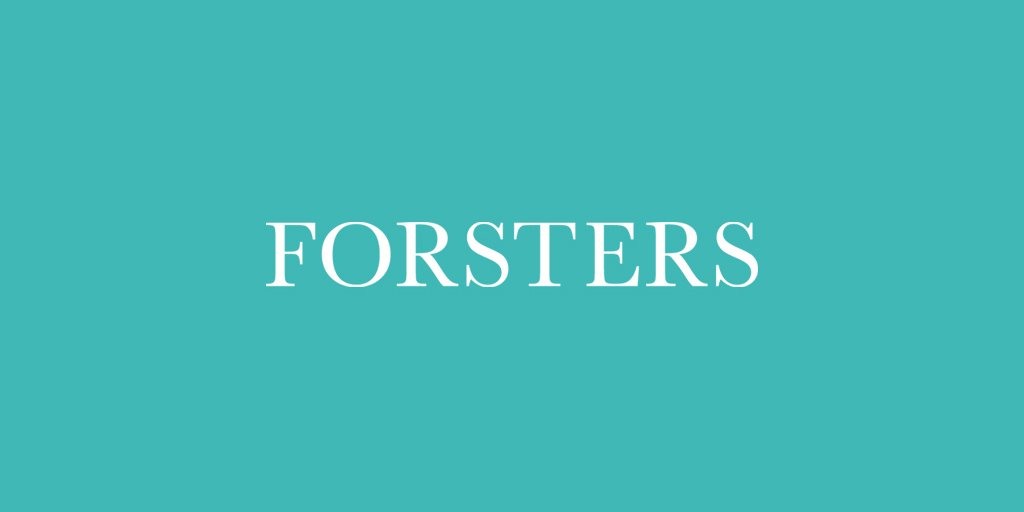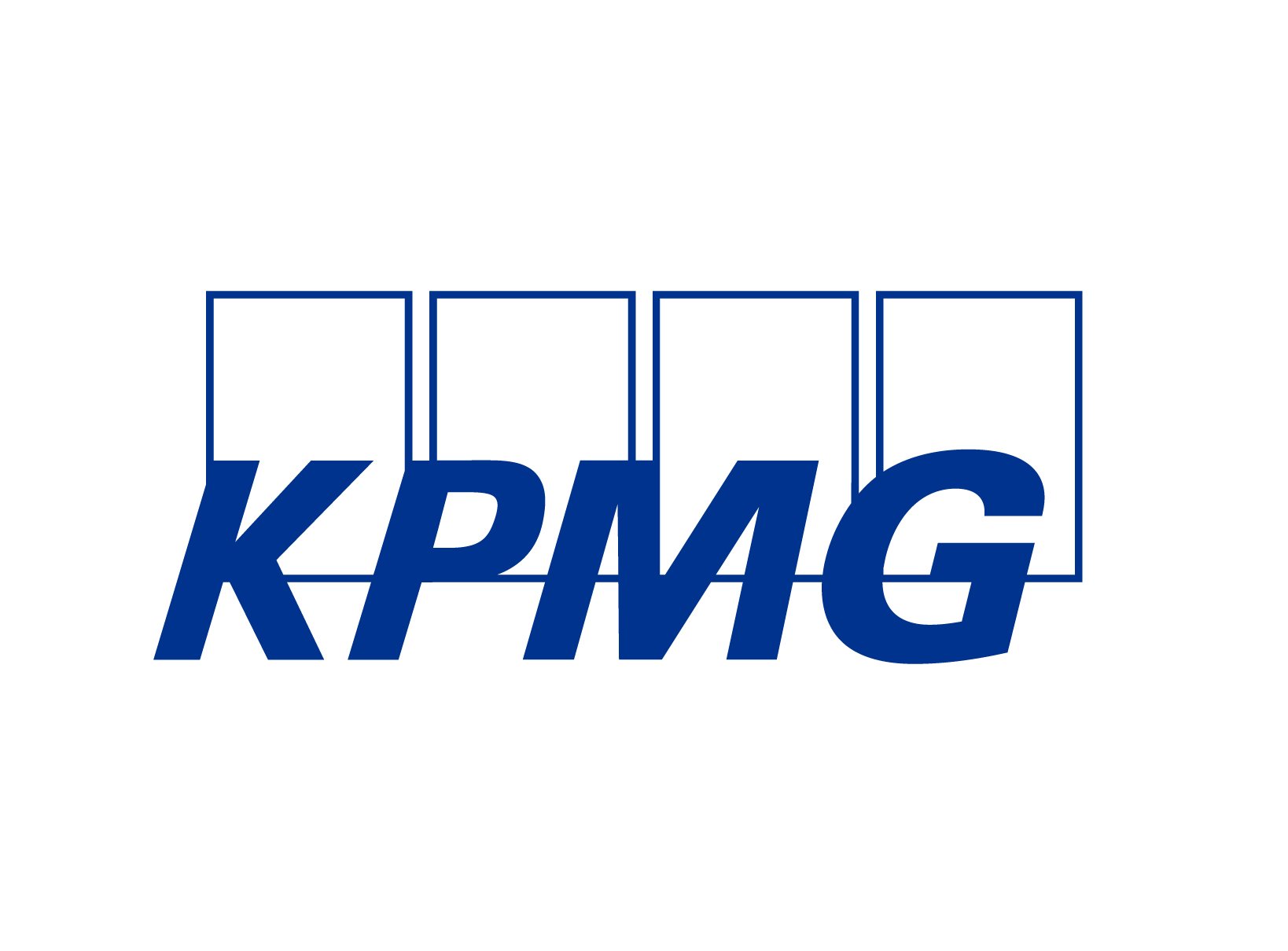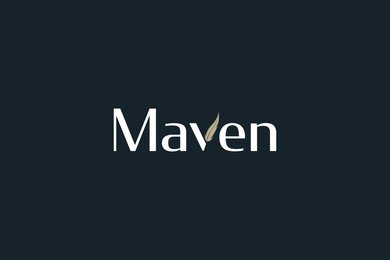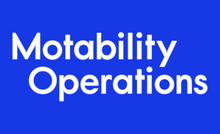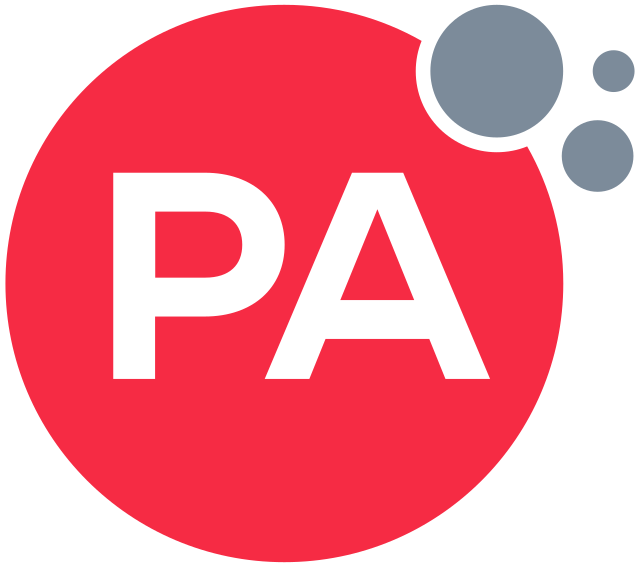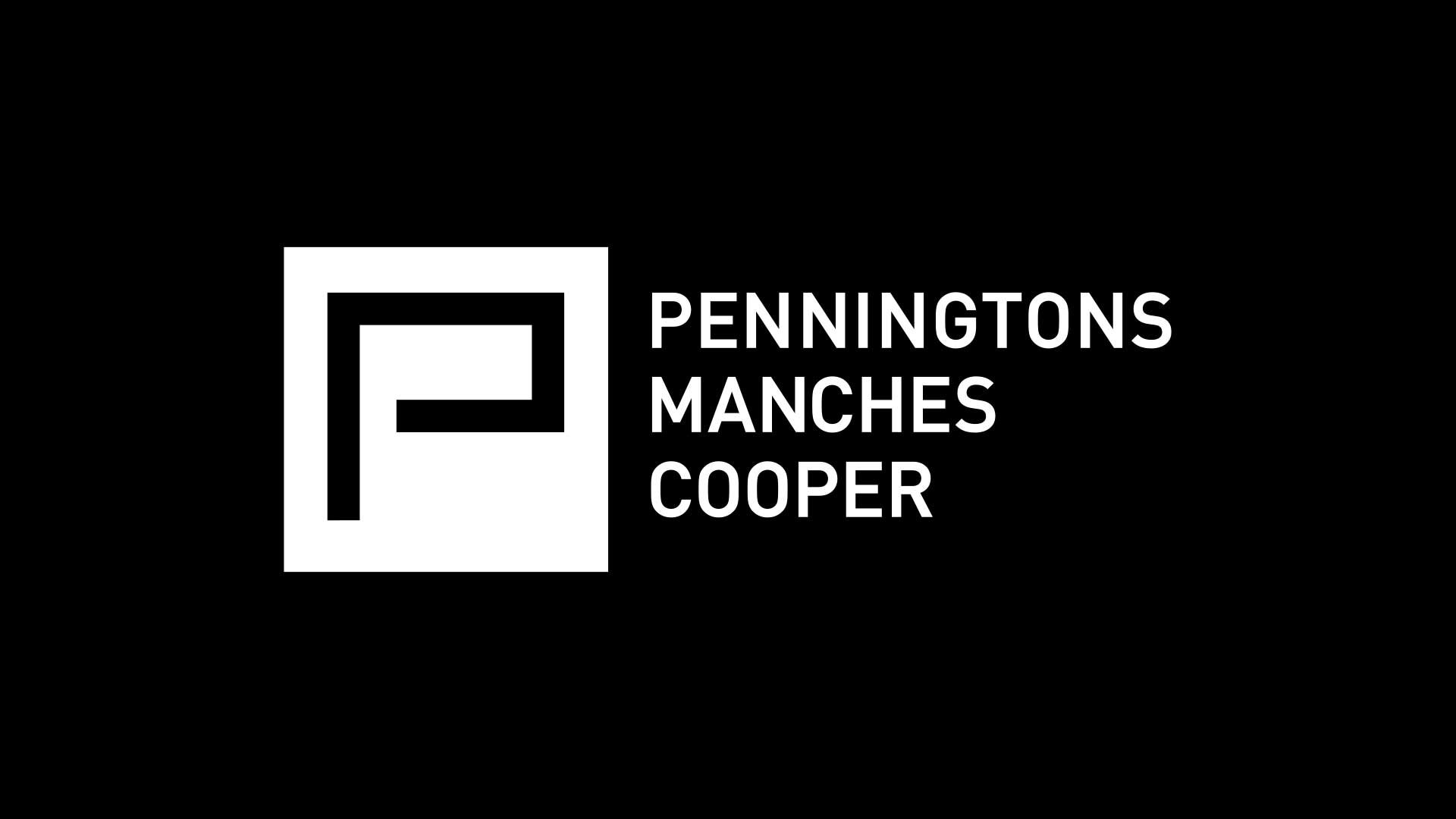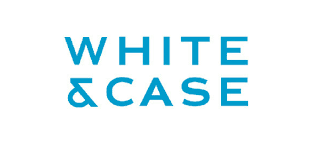Hosted by EY
Research conducted by Scope in 2014 found that 67% of the British public reported feeling uncomfortable talking to people with disabilities. More recently, research carried out by Sense again found that one in four people admitted that they have actively avoided conversations with disabled people citing 'fear of causing offence' and 'feeling uncomfortable' as key reasons. These feelings of discomfort are also felt in the workplace and this fear of seemingly ‘getting it wrong’ has contributed to the slow progress around engaging with, and recruiting, disabled students. The purpose of this workshop was to explore the concerns that employers have and to build confidence to ensure that they got it right in the areas of language and behaviours, making adjustment and interviews and assessments.
After exploring the concerns that the delegates have around engaging with disabled applicants the delegates had the opportunity to consider what was appropriate in terms of language and behaviours in situations related to recruitment and the workplace. These included discussions around whether it was okay to offer to push a candidate in a wheelchair and whether you should shake someone’s hand if it is deformed.
The focus then turned to implementing adjustments. Helen Cooke, Director of MyPlus Consulting challenged the delegates to think about the conversation that they would need to have with any candidate requiring adjustments or support. Amongst the areas that the delegates highlighted as areas to cover were to detail the recruitment process, confirm any adjustments / support to the candidate in writing and to reassure the candidate that all their discussions would be confidential unless they gave their permission for information to be shared with, for example, the interviewers.
Delegates then had the opportunity to work through several reasonable adjustment scenarios before moving onto the final part of the workshop which focused on getting it ‘right’ during interviews / assessments. Again, delegates had the opportunity to work through scenarios which challenged them to think about what is / isn’t appropriate to talk about, or ask, during an interview.
Having started the workshop feeling nervous about how to engage with disabled students, by the end of the workshop delegates recognised that by adopting a common-sense approach the law would, as a whole, naturally follow.
Helen finished the workshop with the following observations and advice:
• Disabled individuals are used to discussing their disability and their requirements.
• Don’t assume you know how a disability affects the individual.
• Direct, open conversations will always be the quickest & easiest way to address challenges.
